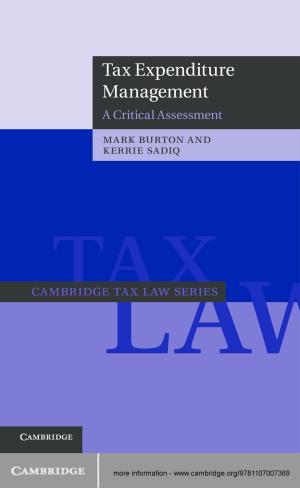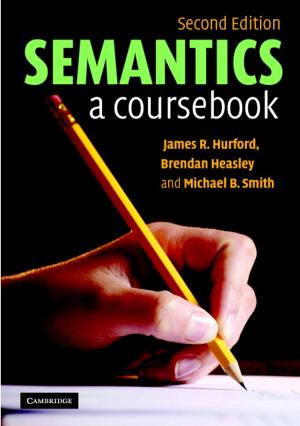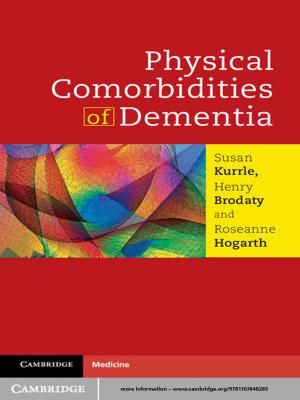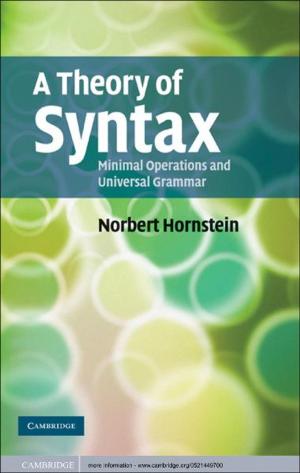The Universal Structure of Categories
Towards a Formal Typology
Nonfiction, Reference & Language, Language Arts, Linguistics| Author: | Martina Wiltschko | ISBN: | 9781139985680 |
| Publisher: | Cambridge University Press | Publication: | July 24, 2014 |
| Imprint: | Cambridge University Press | Language: | English |
| Author: | Martina Wiltschko |
| ISBN: | 9781139985680 |
| Publisher: | Cambridge University Press |
| Publication: | July 24, 2014 |
| Imprint: | Cambridge University Press |
| Language: | English |
Using data from a variety of languages such as Blackfoot, Halkomelem, and Upper Austrian German, this book explores a range of grammatical categories and constructions, including tense, aspect, subjunctive, case and demonstratives. It presents a new theory of grammatical categories - the Universal Spine Hypothesis - and reinforces generative notions of Universal Grammar while accommodating insights from linguistic typology. In essence, this new theory shows that language-specific categories are built from a small set of universal categories and language-specific units of language. Throughout the book the Universal Spine Hypothesis is compared to two alternative theories - the Universal Base Hypothesis and the No Base Hypothesis. This valuable addition to the field will be welcomed by graduate students and researchers in linguistics.
Using data from a variety of languages such as Blackfoot, Halkomelem, and Upper Austrian German, this book explores a range of grammatical categories and constructions, including tense, aspect, subjunctive, case and demonstratives. It presents a new theory of grammatical categories - the Universal Spine Hypothesis - and reinforces generative notions of Universal Grammar while accommodating insights from linguistic typology. In essence, this new theory shows that language-specific categories are built from a small set of universal categories and language-specific units of language. Throughout the book the Universal Spine Hypothesis is compared to two alternative theories - the Universal Base Hypothesis and the No Base Hypothesis. This valuable addition to the field will be welcomed by graduate students and researchers in linguistics.















